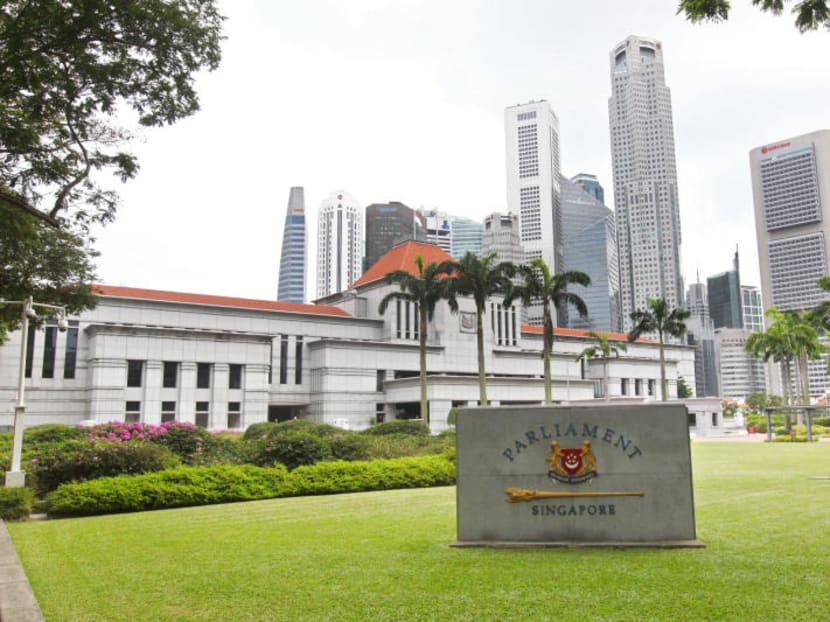Politics, religion and the line drawn between
The reports “Indonesia may boost classes on religion” and “Aceh set to ban women riding straddle on motorcycles” (Jan 8) seem to give the impression that fundamentalism is on the rise in a nation of 248 million.
The reports “Indonesia may boost classes on religion” and “Aceh set to ban women riding straddle on motorcycles” (Jan 8) seem to give the impression that fundamentalism is on the rise in a nation of 248 million.
However, there is much freedom of religion in Indonesia, and extremism is prevalent only in parts of the archipelago. The Indonesian government is secular and recognises the right of religious adherents to practise their own brand of religion, but not the cults.
One can find, for instance, videos on YouTube of Indonesian army boys in uniform singing spiritual songs against a backdrop of jet fighters, jeeps and the Christian cross.
In Singapore, Deputy Prime Minister Teo Chee Hean said in October: “We need to maintain a clear line between politics and religion in Singapore. Our politics and policies must serve all Singaporeans, regardless of race, language or religion. The Government must not take sides with any religious group when making policies.”
Most people think that religion concerns the private sphere and political life concerns the public sphere.
This distinction seems necessary once we realise that division and violence are historically associated with religious disagreements.
Unless we agree to disagree about such intense matters, there is little hope of sustaining a civil society. Religion enters our public discourse primarily as a voice on certain moral issues.
German sociologist Jurgen Habermas argued that it is not the secular State’s job to purge the public sphere of religious contributions. But the State must and can act as a filter through which any religious-inspired proposals for shaping the common good are translated into secular language if they are to influence policy agendas.







